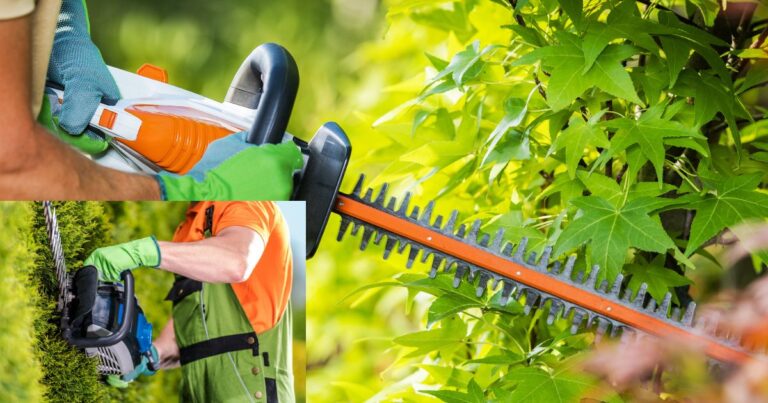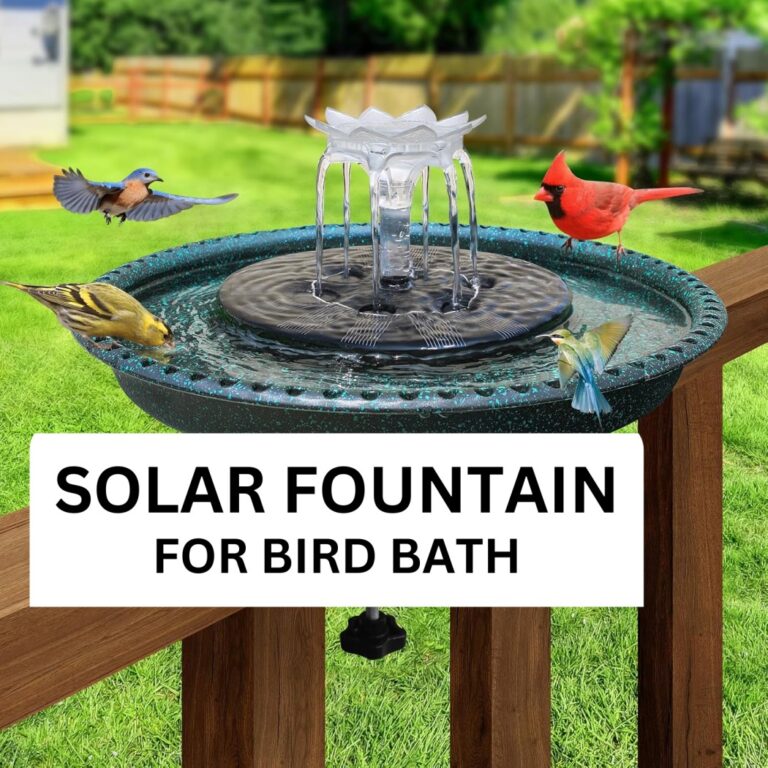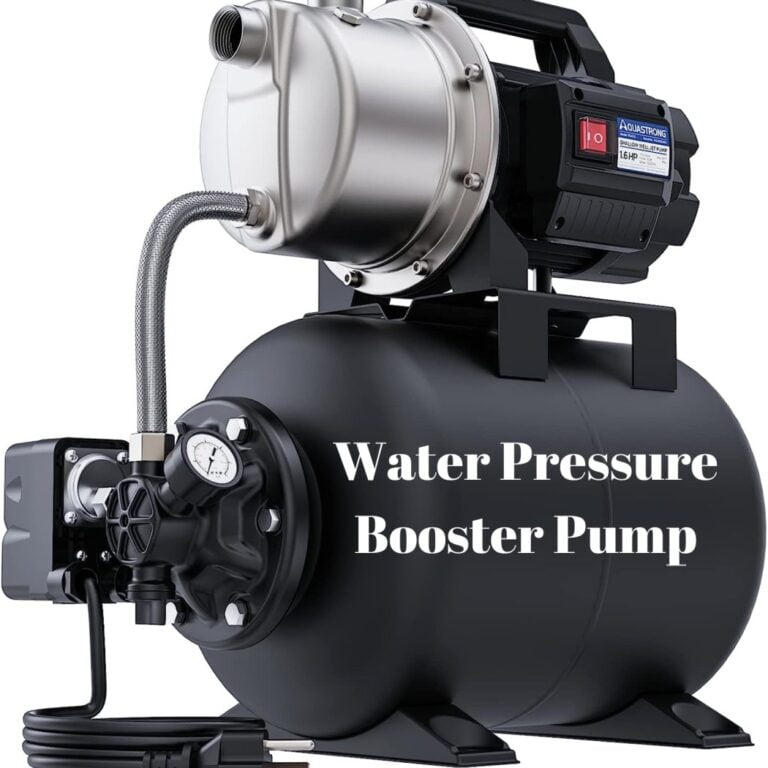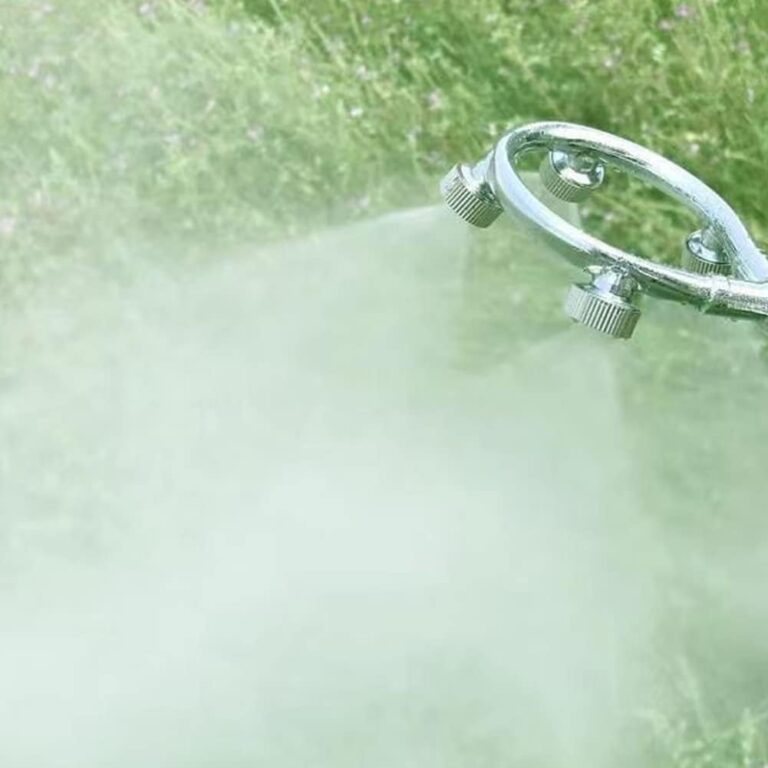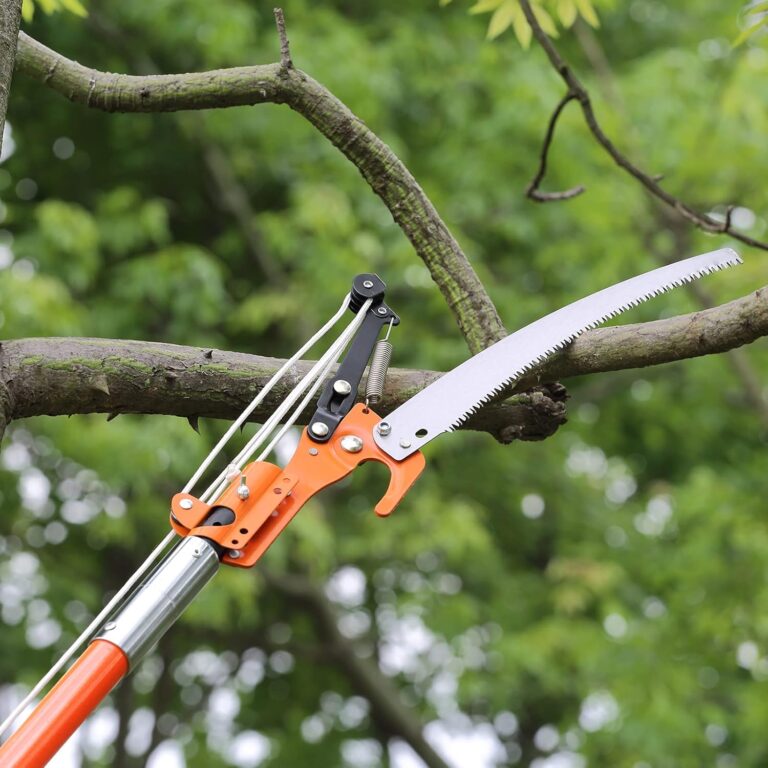The Best Moisture Meter for Plants
Our editorial team independently selects all products featured in this review. This article may contain affiliate links, and we may earn a commission from purchases made through those links. For more information, please refer to our affiliate disclosure.
Plant health depends on soil dampness, which impacts nutrient absorption and root growth. Hydrated plants absorb nutrients more efficiently, producing robust growth and vibrant foliage.
Unwatered plants become stressed and more susceptible to illnesses and bugs. Gardeners who desire lush, robust plants must maintain the appropriate soil moisture combination.
The moisture meter for plants simplifies irrigation by eliminating guesswork.
They accurately measure soil moisture to assist gardeners in watering their plants according to their demands. This accuracy boosts plant health and conserves water, which is crucial when gardening sustainably.
Using a wetness meter makes plant care easier and more enjoyable for novice and experienced gardeners.
When choosing a moisture meter, consider these factors. Your priority should be accuracy and precision. This helps you trust readings.
The device should be easy to read and use. A simple tool will fit your gardening. Quality materials and craftsmanship ensure your investment will last after heavy use.
Extra features like sensing light and pH can make the gadget more useful by providing more plant growth data.
Table of Contents
- 1 Quick Links on the Best Moisture Meter for Plants
- 2 Why Do You Need a Moisture Meter?
- 3 Key Features to Consider
- 4 Review of 6 Best Moisture Meters for Plants
- 5 How to Use a Moisture Meter Effectively
- 6 A Comparison of Analog and Digital Moisture Meters
- 7 Taking Care of Your Moisture Meter for Plants
- 8 Frequently Asked Questions About Moisture Meters
- 9 Final Thoughts
Quick Links on the Best Moisture Meter for Plants
- XLUX T10 Soil Moisture Sensor Meter
- Sonkir Soil pH Meter, MS02 3-in-1 Soil Moisture/Light/pH Tester
- Gouevn Soil Moisture Meter, Plant Moisture Meter
- Atree Soil pH Meter, 3-in-1 Soil Tester Kits
- Dr.meter S10 Soil Moisture Sensor Meter
- Luster Leaf 1820 Rapitest Digital Moisture Meter
Why Do You Need a Moisture Meter?
Avoiding Too Much and Too Little Water
One of the most common mistakes people make in farming is needing to water more.
Root rot and other fungal diseases can happen when you water too much, and drooping and slow growth can occur when you water too little.
A moisture meter can help you avoid these problems by giving you clear, real-time information on the soil’s moisture. This information allows you to water your plants correctly and effectively.
Encouraging the Best Plant Growth
The amount of moisture must stay the same for plants to grow well.
Moisture meters help plants grow stronger and have better roots by ensuring they get just the right amount of water.
This consistency is critical during important growth periods, like flowering and fruiting when the plant’s water needs can change greatly.
Cutting Down on Time and Work for Plant Care
Using a moisture meter makes caring for plants easier and faster, making it easier to keep a garden that grows well.
You don’t have to guess or depend on what you see; you can quickly and easily check the moisture level and change how often you water based on what you find.
This efficiency saves time and lowers the chance of watering incorrectly, making gardening more accessible.
Also read >>> The Best Electric Water Pump to Buy
Key Features to Consider
Accuracy and Precision
A moisture meter that you can trust must be accurate. With a device that gives accurate data, you can decide how much to water your plants. Look for very accurate meters because, over time, even slight differences can have a big effect on the health of a plant.
It’s Easy to Use and Read
A good moisture meter for plants should be simple and easy to use.
Clear and easy-to-read displays are important because they let you quickly understand and act on the readings.
Gardeners of all skill levels can use the device because it has simple settings and is easy to understand how to use.
Quality of Build and Durability
Durability is very important for a tool that will be used often and might get wet or dirty.
Choose moisture meters made of solid, long-lasting materials that can handle regular use.
Robust construction means it will last a long time, so your investment is worth it.
Light and PH Measurements Are Extra Features
Some moisture meters have extra features, like the ability to measure light and pH. These features give you a bigger picture of the setting in which your plant is growing.
Measuring light helps ensure plants get enough sunshine, and measuring pH can help change the soil so nutrients are available at their best.
Review of 6 Best Moisture Meters for Plants
The Xlux T10 Soil Moisture Sensor Meter
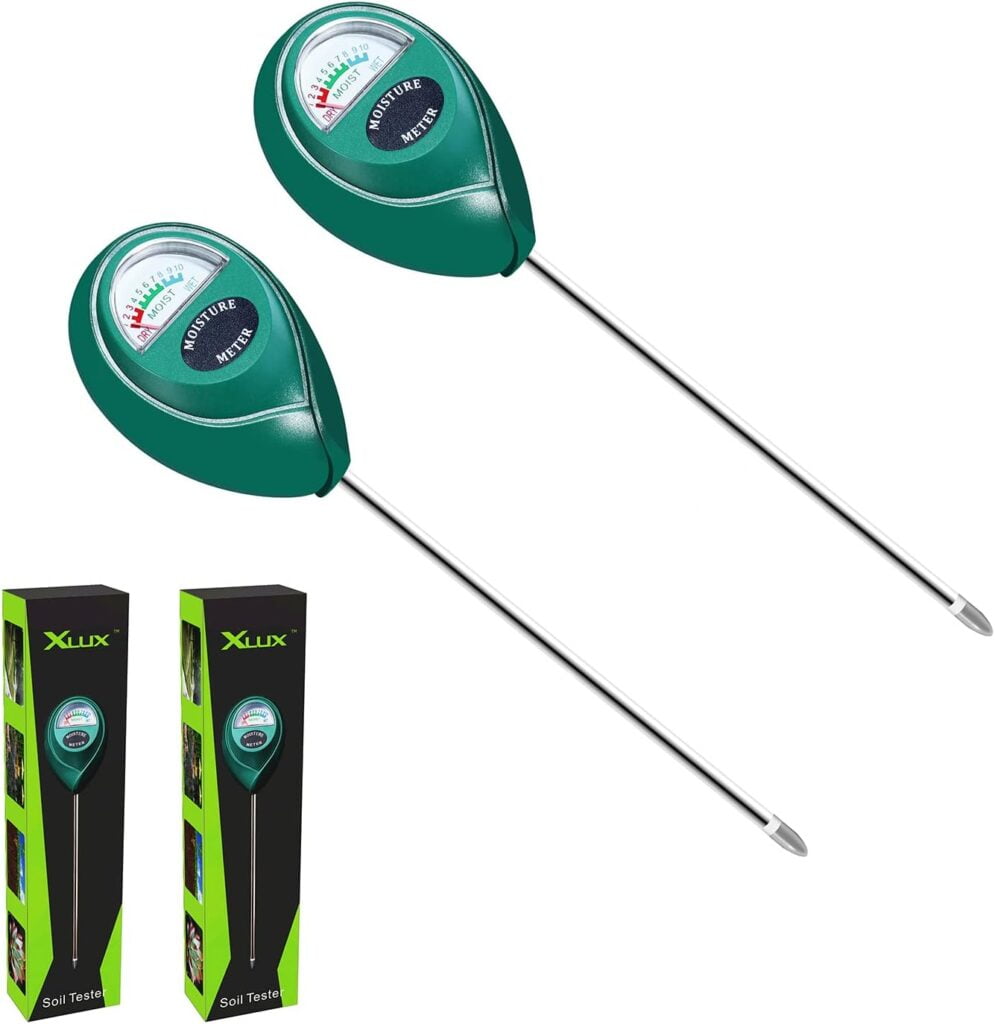
The XLUX T10 has a very accurate monitor and a screen that is clear and easy to read.
Gardeners love it because it’s easy to use and always works.
Pros include how accurate it is and how cheap it is.
Cons: it doesn’t have extra functions like measuring light or pH.
Perfect for farmers who have different plants that need different amounts of water. Ideal for people who want a simple, effective tool.
Sonkir Soil pH Meter, MS02 3-in-1 Soil Moisture/Light/pH Tester
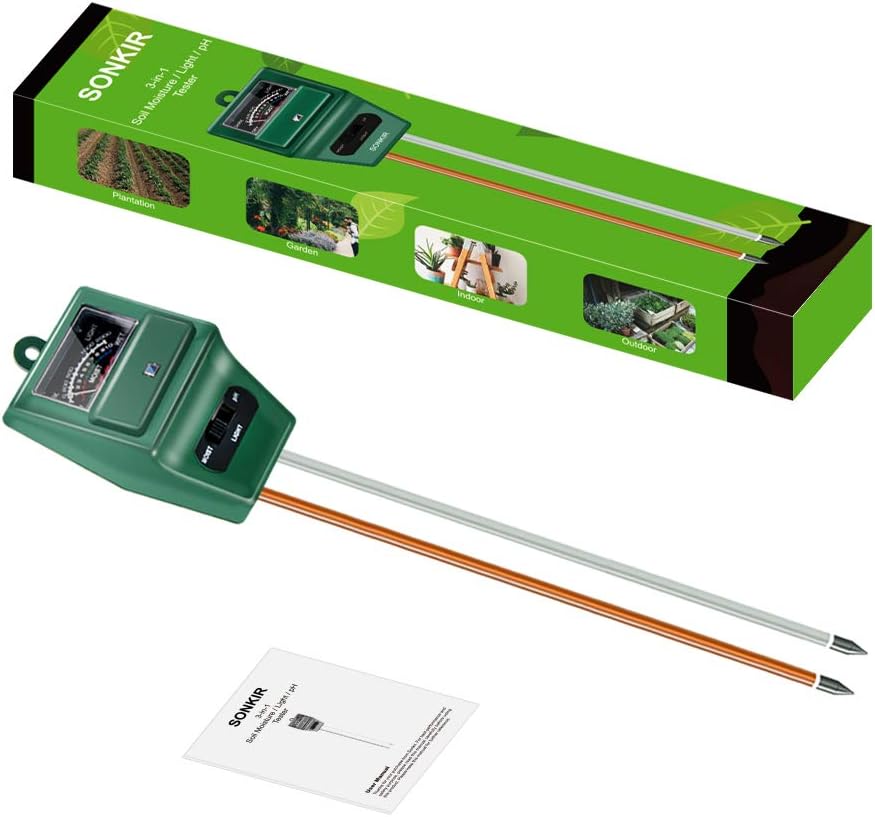
This model has a sleek look and an easy-to-use layout.
It checks the pH level, the amount of light, and the wetness in the soil.
Pros are that it can do many things and the screen is easy to read.
Cons: You must be careful when handling it to prevent damaging the sensors.
This tool is best for gardeners who want a complete one that can handle many parts of plant care.
Gouevn Soil Moisture Meter
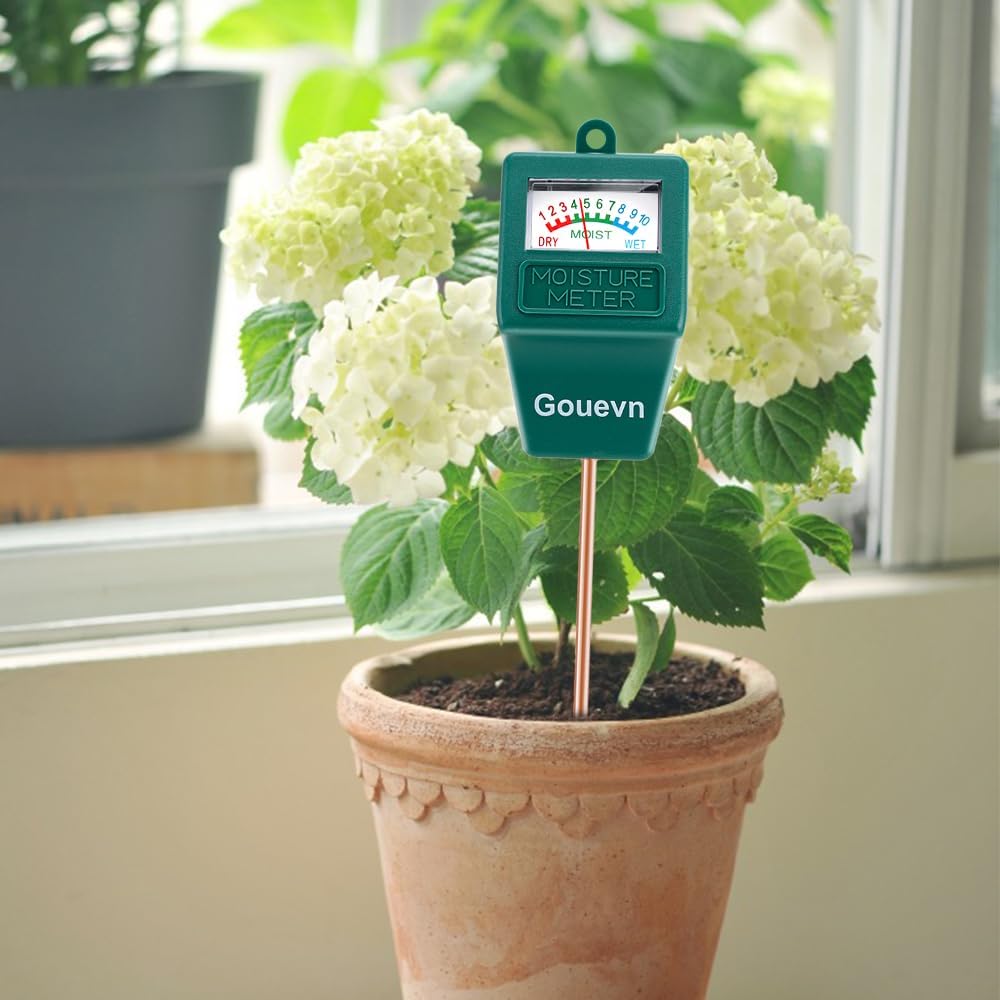
This meter is known for being very accurate. Its big dial display and flexible design make it easy to use.
Pros include how accurate it is and how well it’s built.
The major con is that it only measures moisture and has no other features.
This is for experienced gardeners who need exact moisture information for easily damaged plants.
3-in-1 Soil Tester Kits and Atree Soil pH Meter
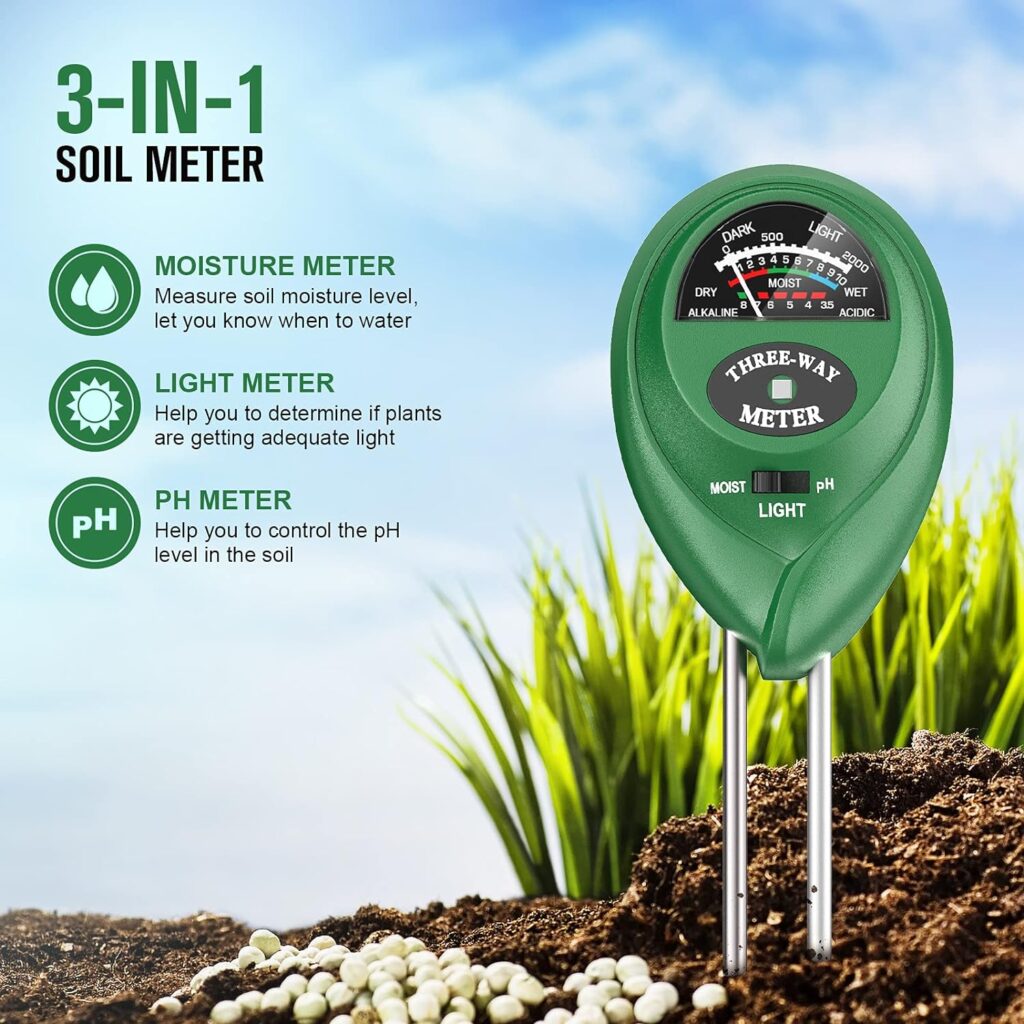
Because it is built to last and is waterproof, this moisture meter is great for use outside.
The pros are that it lasts a long time and doesn’t leak.
One con could be that it’s bigger than some other types.
Perfect for gardeners who work outside in all kinds of weather and need a strong tool.
Dr.meter S10 Soil Moisture Sensor Meter

This is a small, light model that can measure basic moisture levels and is good for small gardening or indoor plants.
Pros include how portable it is and how cheap it is.
The con is that it only has a few features.
Great for gardeners who don’t have much room or have never used a moisture meter.
Luster Leaf 1820 Rapitest Digital Moisture Meter
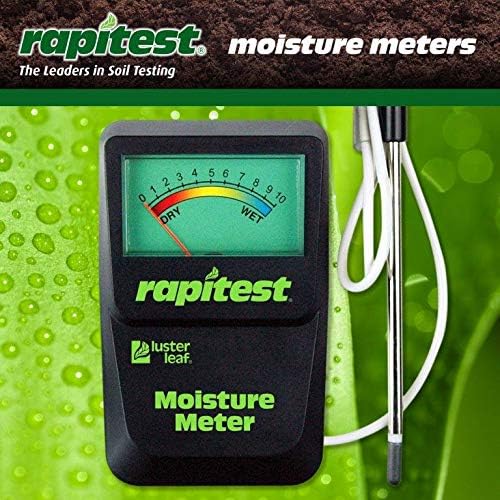
This high-tech meter has a digital screen that makes it easy to read and gives quick readings of moisture levels.
The pros are that it’s easy to use and gives accurate readings.
The biggest con is that it costs more and is more challenging to understand.
It’s best for tech fans and expert gardeners who want to monitor things more advancedly.
How to Use a Moisture Meter Effectively
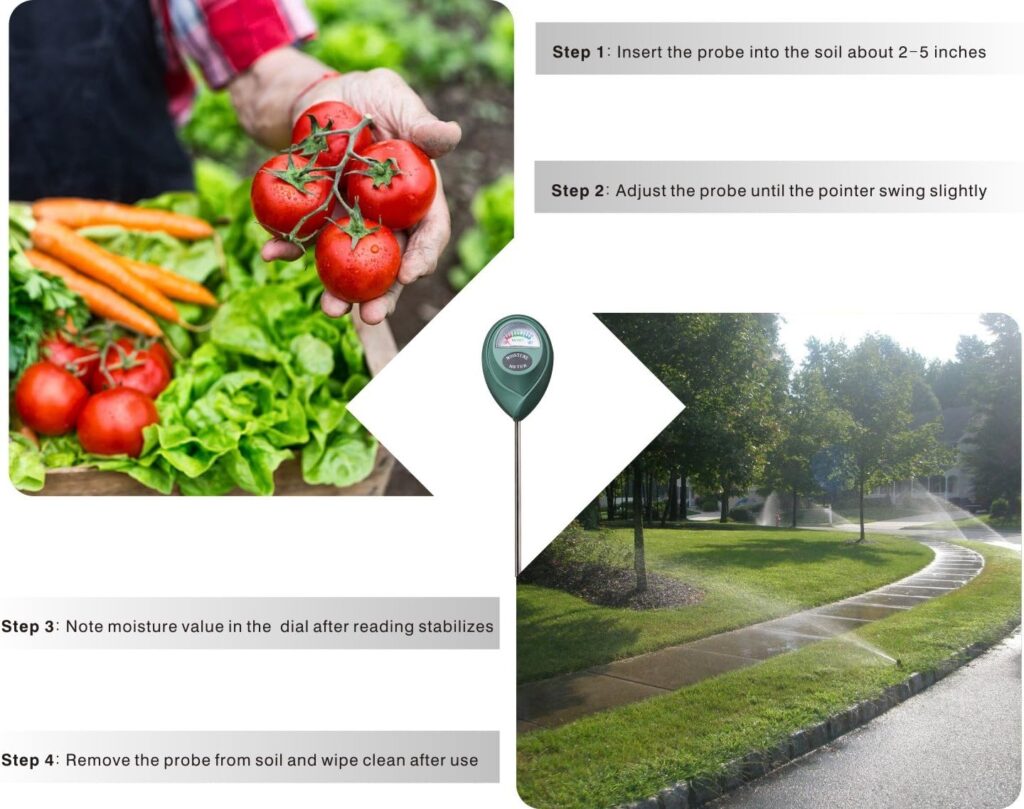
Step-by-Step Guide to Testing Soil Moisture
Put the moisture meter probe into the dirt near the plant’s roots.
For a correct reading, make sure the probe is wholly entered.
Once the screen is stable, write down its moisture level.
Interpreting the Results
Usually dry to wet, a scale is used on most meters to give results.
Look in the device’s instructions for specific ranges that work with different kinds of plants.
This knowledge will help you decide if your plant needs to be watered.
Tips for Accurate Readings
Get readings from different places around the plant for the best results.
To avoid getting falsely high results, don’t test right after watering.
To keep the tool accurate, clean it often.
Also read >>> The Best Portable Water Filters for Camping
A Comparison of Analog and Digital Moisture Meters
Most of the time, analogue meters are easier to use, last longer, and don’t need batteries.
However, they may need to be more accurate or have as many features as computer models.
Digital meters give more accurate results and often include extra features like measuring pH and light.
They’re usually easier to read but can cost more and need batteries.
Which one you choose, analogue or digital, depends on your needs.
An analogue meter might be enough if you want something simple and long-lasting. A digital meter is better for people who need accurate numbers and more features.
Taking Care of Your Moisture Meter for Plants
Tips for Cleaning and Storing
Wipe the probe clean with a wet cloth to remove dirt after each use.
Keep the meter somewhere dry to prevent it from breaking. Regular maintenance also makes things last longer and work better.
Calibrating Your Meter for Best Performance
Some digital meters need to be calibrated regularly to keep working correctly.
To ensure your device stays accurate, follow the manufacturer’s steps for calibrating it.
Troubleshooting Common Issues
If your meter gives you different results, ensure the probe is clean, or the batteries are not fully charged.
If you need to, recalibrate and look at the user manual for exact steps to fix the problem.
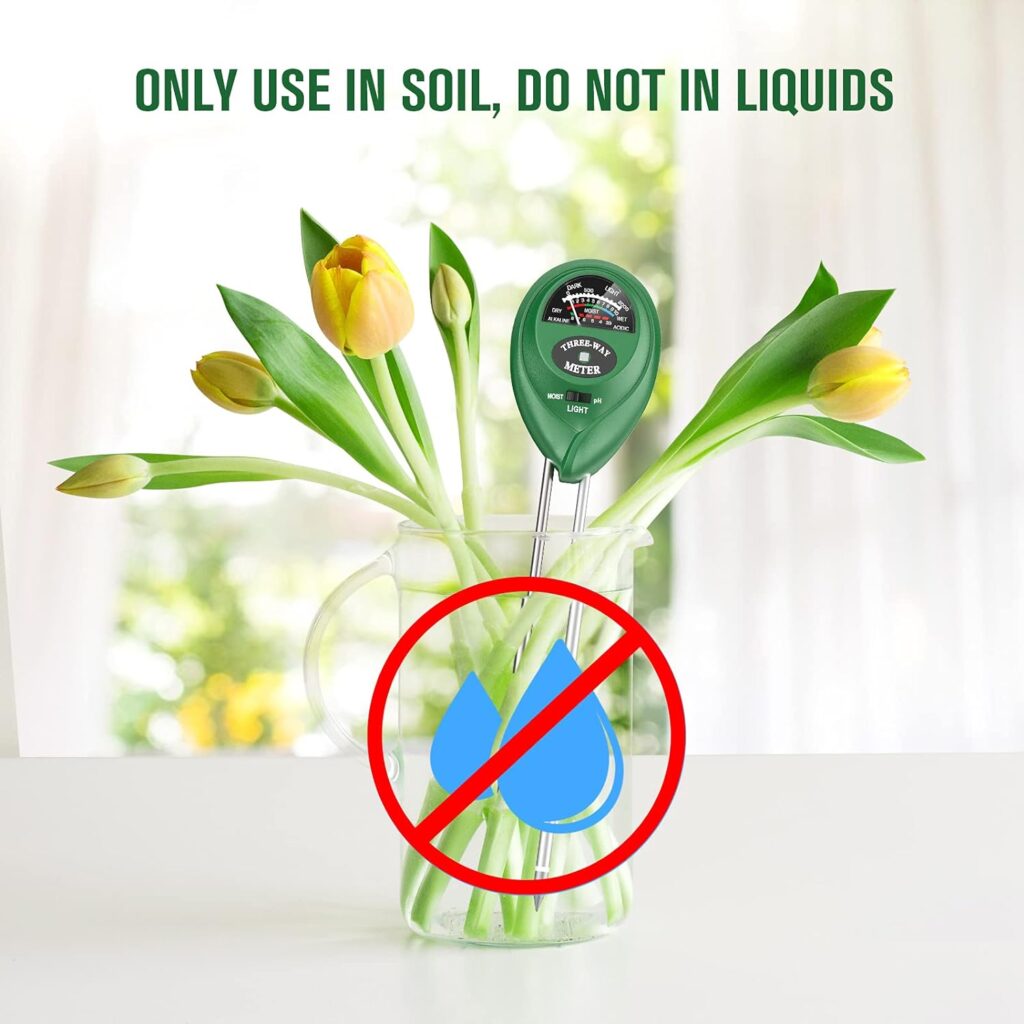
Frequently Asked Questions About Moisture Meters
Can All Kinds of Plants Use Moisture Meters?
Yes, moisture meters can be used on many different types of plants, from cacti to tropical ones. Always keep in mind that different types of plants have different water needs.
How often should I check the moisture level of my plants?
How often it happens depends on the type of plant and the weather. Checking once a week is usually enough, but you may need to check more often during hot or dry times.
What other tools can I use with a moisture meter?
pH meters, light meters, and soil temperatures are all tools that work well together. These gadgets tell you everything you need to know about your plant’s growing factors, which helps you give it the best care possible.
Final Thoughts
A moisture meter for plants is essential for keeping the right amount of water in the soil, avoiding overwatering and underwatering, and promoting healthy plant growth.
It takes less time and effort to take care of plants with them.
Every gardener should buy a good moisture meter. This way, you can relax knowing that your plants are getting the exact care they need to grow well.
The right tools, like moisture meters, can make farming much more fun.
You can enjoy a more vibrant and flourishing garden with correct and consistent care.
Also read >>> Solar-Powered Water Pumps
